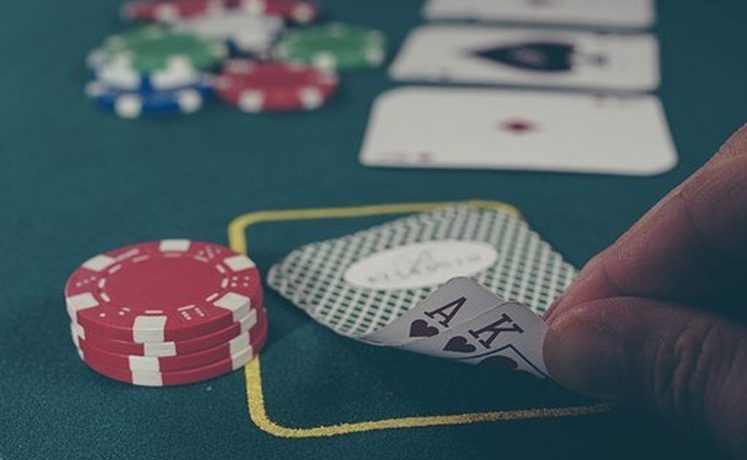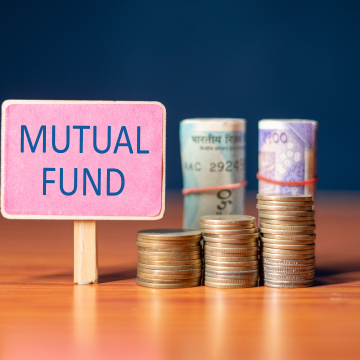While no one would claim that gambling in poker is a replacement for a sound and credible investment strategy, there is a crossover of skills between investors and poker players. Both require a willingness to balance risk and reward, and both need to factor in math, odds, and strategies in order to seek the biggest gains.
With this in mind, it is viable to look to poker as something that can teach skills that become valuable in investment. For those interested in this idea, here are a few specific tips and skills you can pick up from the poker tables….
Know Your Game and Stick With It
Just as there are countless types of investments to consider, there are plenty of varieties of poker to learn and pick up. Knowing what you’re playing and sticking to what works for you is no different than one of the most important strategies for investment we’ve made note of before: make investments in what you know. If you don’t understand a given market or type of investment, you’re better off giving it a pass. This is something poker players learn to do quickly.
Know When to Walk Away
Sometimes the cards just aren’t your friends, and that’s okay. Knowing when to cut your losses and walk away in poker takes a lot of self-awareness and a level head, which are also some of the best traits of successful investors. Even in thriving markets there is often potential for abrupt correction, meaning a sudden crash could hurt a sound investment. Recognizing when to walk away can keep an investor from bearing the brunt of such a crash.
Don’t Get Too High
When you win a big hand in poker, it is easy to get carried away with the emotional high that it brings. For this very reason, one of the most common tips for winning at poker is to learn to recognize that feeling and push it aside. This helps players to remain strategic with their funds and play without emotion. The same idea is useful in investment, where a successful venture can give rise to joy and confidence, and make people neglect their fundamentals and strategies. In short, poker players and investors alike need to learn to control egos and positive reactions to avoid silly mistakes.
Protect your Bankroll
It can be tempting to put too much money into a single investment, or to dump more money into a stock that is doing particularly well. However, this can lead to disaster if the stock at hand makes a sudden, unexpected turn. That’s why protecting your seed money by not investing more than you can stand to lose is so important. Players learn a similar lesson in poker, where they have to choose how much they are willing to risk at any given table based on initial buy-in, how a game is going, and so on. There’s something to be said for figuring out how to manage a bankroll with relatively low stakes in poker games, and carrying the lessons into investment.
Always Keep Learning
The idea that we should always continue learning is one that’s valuable in all walks of life – not just poker and investment. Still, it’s another key lesson that carries over from one to the other. The best poker players are always reading up and studying new strategies for the game, trying to correct bad habits or gain new advantages over opponents. Investors don’t have similar angles of direct competition to factor in, but they too need to learn and improve constantly in order to avoid repeating mistakes and find new ways to play the markets. Someone who’s had success studying and improving at poker might just be more likely to apply the same concepts to investment.
Once again, this is not meant to equate poker and investment. The two are not the same, and should not be thought of that way. Many important strategies apply to both, however, and because of this poker can be an effective tool at teaching valuable investing skills and tendencies.
















